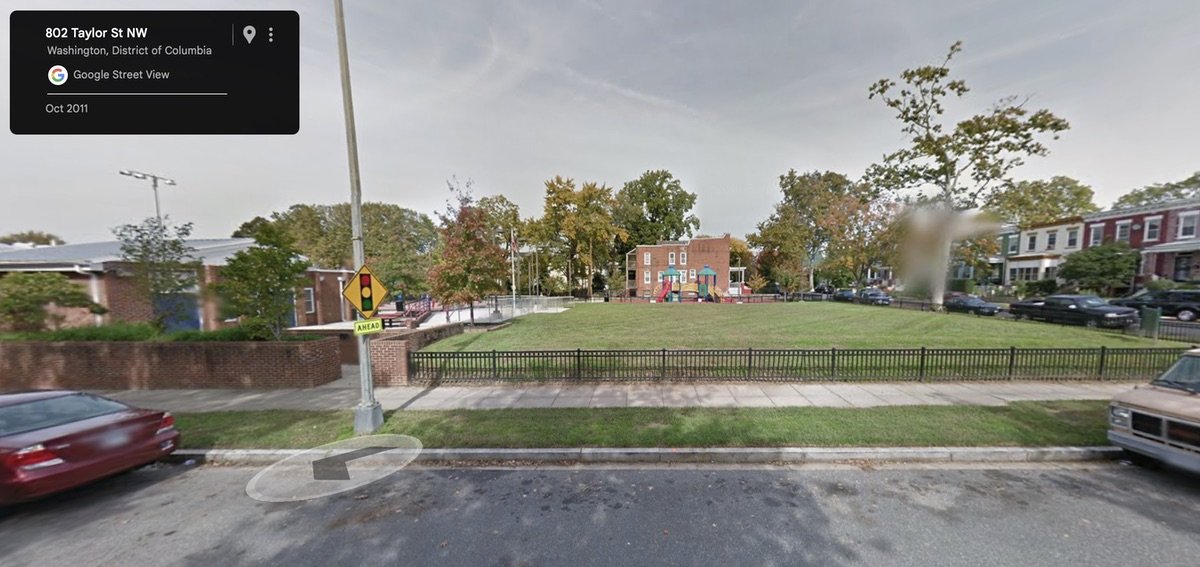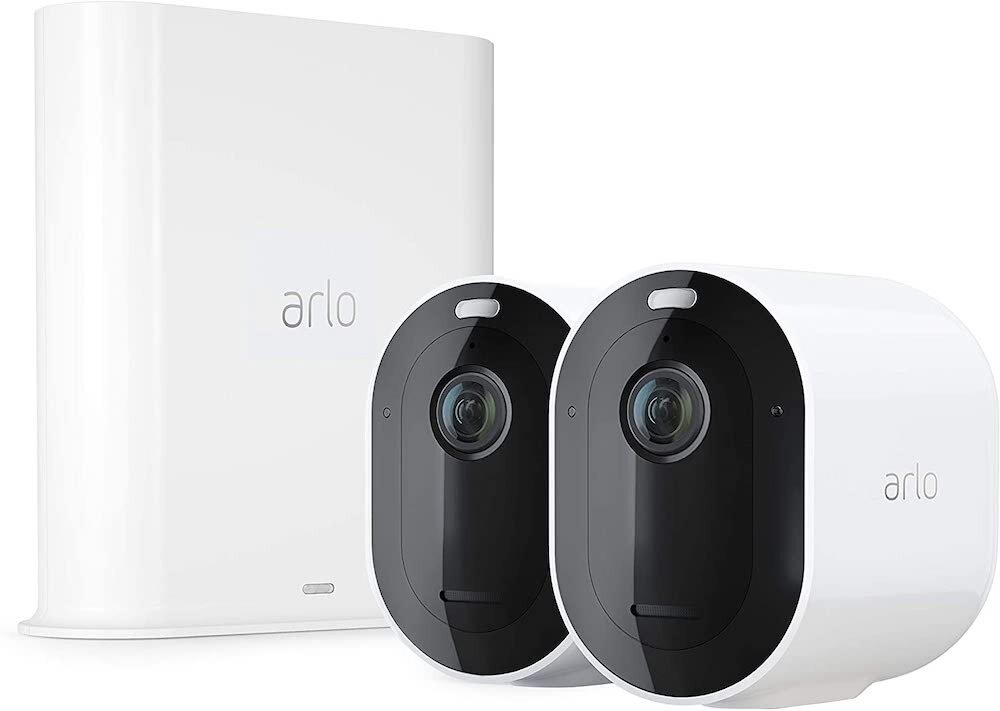Thinking of going solar? A co-op is among multiple solar options in Petworth
/by Yuliya Panfil
The recent heat waves had at least one silver lining: residents with rooftop solar racked up some major energy credits.
The combination of sunnier and longer summers, tax breaks and other financial incentives has more District residents considering rooftop solar. The solar market has matured here over the last decade, and households can now choose among at least a half dozen solar options.
How exactly does rooftop solar work?
For DC row houses, rooftop solar panels might cost between $15,000 and $30,000 to install, depending on the size of the roof and other factors, and allow the home to generate electricity directly from the panels rather than buying it from the electric grid. In summer months, the solar panels often supply all the electricity a household needs, resulting in a non-existent electric bill. And in some months households can even generate more energy than they use, selling this excess energy back for a profit. In the winter, solar might not cover the household’s full electricity needs, which means the household will still source a bit of electricity the old fashioned way. So, a household’s electricity bill in winter months might be a third of what it had been prior to a solar install.
In full transparency, my household switched to solar a year ago. Last month our electric bill was $-24 … meaning that we generated more electricity than we needed and actually got a credit from Pepco that we can use in winter months.
Money saved on electric bills isn’t the only way that rooftop solar provides value. The District, alongside the majority of US states, allows households who generate solar energy to sell Solar Renewable Energy Credits, or SRECs, to utilities or third parties, generating additional revenue.
One solar option gaining popularity in the DMV is the Capital Area Solar Co-Op, which has signed up more than 350 people to date, including 81 in DC. The Co-Op is open to homeowners and businesses across the DMV and is accepting new members through August 31st.
Yesenia Rivera, the Director of Energy, Equity and Inclusion at Solar United Neighbors (SUN), a non-profit that facilitates multiple co-ops across the region including Capital Area Solar, explained that co-op members save money through a “group purchase model” that allows them to buy from a single installer. The DC cohort of the co-op recently selected Edge Energy as their provider (the Maryland cohort selected Solar Energy World, and the Virginia cohort selected Lumina Solar).
District residents can also go it alone, and choose from a half-dozen companies. The benefit is an ability to shop around and choose the provider you like best.
The city also has options for residents who can’t afford the solar install, or whose roof isn’t conducive to solar panels. DC’s Solar for All program installs solar at no cost for qualified residents who earn below 80% of Area Median Income (AMI), in an effort to provide solar to 100,000 low and moderate income families by 2032. And the city has a Community Solar program that allows residents to buy shares in solar arrays installed elsewhere, often on top of businesses or churches.
Rivera explained that a combination of the District’s small footprint and aggressive renewable portfolio standards makes solar more lucrative here than in Virginia or Maryland. DC utilities must meet a high renewable energy threshold, and by law are only allowed to purchase SRECs generated within the District.
Since DC is much smaller than Maryland or Virginia, placing a natural limit on the number of solar panels installed within city limits, the supply of SRECs goes down and their price goes up. In concrete terms, that means a homeowner in Maryland generates approximately $75 per SREC, while a homeowner in DC generates approximately $400 per SREC.
The combination of high SREC prices and favorable tax credits — the Federal solar tax credit stands at 26% and is expiring next year — makes going solar particularly lucrative this year.
“If you’re in the position to do it, now is definitely the time,” Rivera said.



















